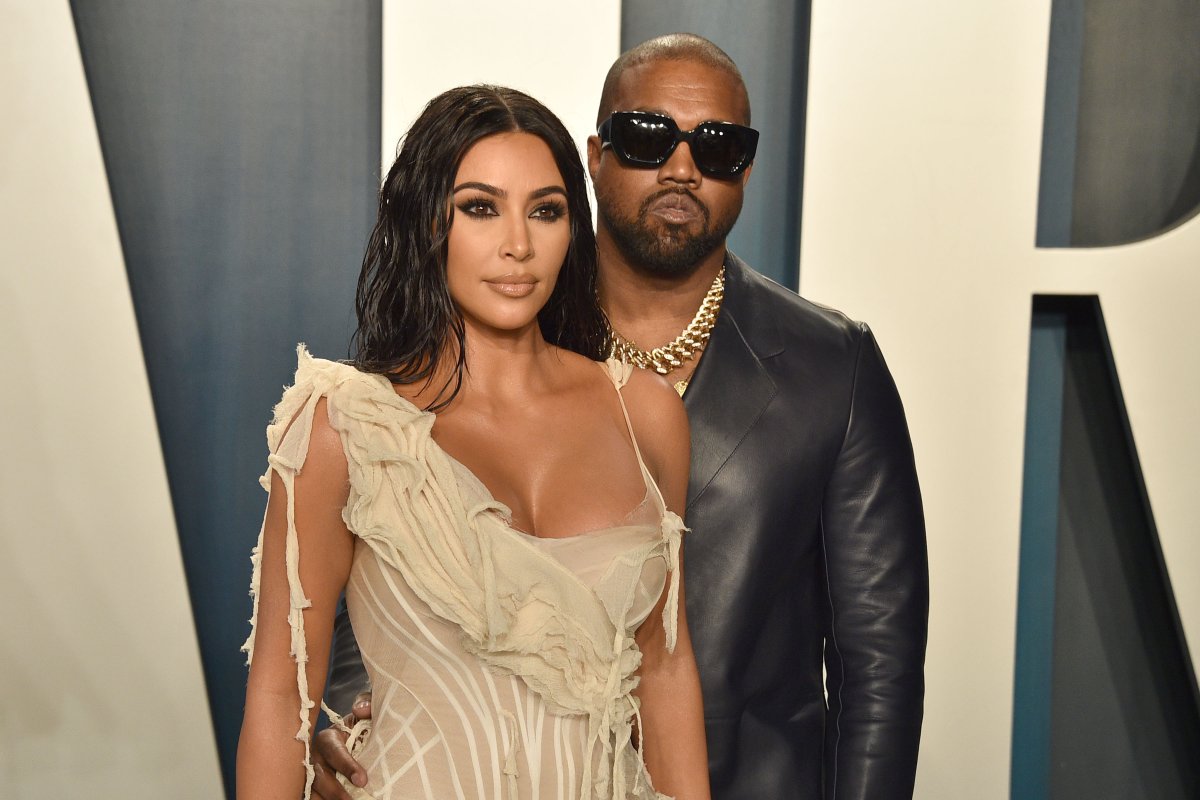Kanye West is many things. He is an award-winning rapper, record producer, songwriter, director and fashion designer. He is a husband and a father. Most recently he talked about running for U.S. president.

West also has bipolar disorder. His latest actions during a South Carolina rally and subsequent Tweet storm led to many on social media to comment about his mental health, with #PrayForYe trending.
Yet we must be careful in the discussion around West’s mental health because it can be highly dangerous and damaging — not just for West, but for the others who have mental health issues.
READ MORE: Kanye West presidential ‘campaign’ has people worried about his mental health
A mental health diagnosis should be made by a mental health professional. Such professionals say they cannot assess or draw judgments about an individual they haven’t personally examine.
All of us, especially those of us without any formal training on the matter, should simmer down with our speculations on “the status of Kanye.” We actually don’t know if West’s behaviours result from his mental illness. By labelling it as such, we stigmatize others with the same condition.
We must be mindful of the many people who are watching the sensationalized version of the story unfold. Whether it’s malicious mockery or seemingly well-intentioned strangers pleading for his family to have him institutionalized, there is a wide array of speculation and judgment over West’s mental health status.
But are we taking into account how this affects all those other individuals who experience mental health issues and now unwittingly have their very real and personal problems out on trial for public display and scrutiny, too.

In any given year, one in five people in Canada will personally experience a mental health problem or illness. By age 40, about 50 per cent of the population will have or have had a mental illness.

Get breaking National news
Mental illness affects people of all ages, education, income levels, and cultures. About one per cent of Canadians will experience bipolar disorder (or “manic depression”).
So this not merely celebrity gossip or social chatter. This discourse affects peoples’ lives and should be handled with great care.
I do think the public has a right to correct false statements and bogus facts. We have to acknowledge that some of West’s words over the past few days have been inexcusable and harmful.
In speaking on abortion, West cried as he told the rally that his father had wanted to abort him and that he “almost killed” his own daughter.
He also made disturbing, factually inaccurate and unsubstantiated claims. “Well, Harriet Tubman never actually freed the slaves — she just had them work for other white people,” he said at one point. That is not only inaccurate, it’s a dangerous statement for someone with such a massive platform.
We are in a time of reckoning when so many people are making attempts to learn more about Black history and systemic racism. Many people still view the Black community as a monolith. Kanye certainly does not speak for all Black people; he is his own unique individual. With so little Black history integrated into school curriculums across North America, the accuracy of facts, like Tubman’s immense contributions to the Underground Railroad, need to be shared correctly. West’s words hold a lot of power, and that power cannot be abused to the detriment of the public.
The current U.S. President has made so many false statements it is hard to keep track of them all. Dedicated fact-checkers monitor Trump as he speaks to ensure the public is served the truth. In the same way Trump’s falsehoods are corrected by the media, it is important for the media to correct West’s inaccuracies because they are so far-reaching and detrimental.
Ultimately, if we truly care about West and are genuinely worried for his mental well-being, the best thing is to show him some kindness and compassion and grant his family and inner circle the privacy needed to help him.
Kim Kardashian West posted to Instagram Stories earlier this week, opening up for the first time about her husband’s struggle with mental health issues. She asked for greater empathy and understanding.
“He is a brilliant but complicated person who on top of the pressures of being an artist and a black man, who experienced the painful loss of his mother, and has to deal with the pressure and isolation that is heightened by his bipolar disorder,” she wrote.
“We as a society talk about giving grace to the issue of mental health as a whole, however we should also give it to the individuals who are living with it in times when they need it the most. I kindly ask that the media and public give us the compassion and empathy that is needed so that we can get through this.”
The philosopher Nomy Arpaly has argued that our willingness to show compassion is often predicated on a diagnosis, as if the label makes a person’s suffering and struggle real and legitimate in a way it would otherwise not be.
The fact that we require people to be labelled with a disorder to be worthy of care is an indictment of our collective moral community.
We ought to help people in need simply because they are in need — apart from any label they may or may not have.
With that in mind, when it comes to Kanye West, perhaps the best support we can offer is space for him to heal.
Meera Estrada is a cultural commentator and co-host of kultur’D! on Global News Radio 640 Toronto.







Comments